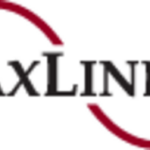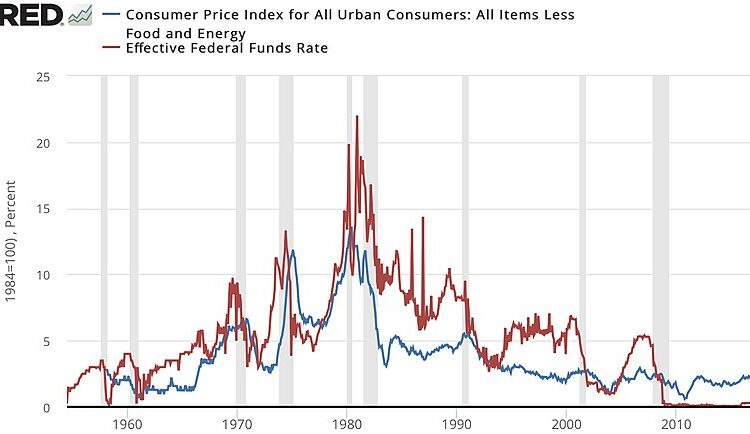Falling inflation and economic slowdown put pressure on central bank
- German inflation falls to lowest level since June 2021
- Energy prices drive down inflation rate
- Calls for European Central Bank to cut rates increase
- German GDP declines in Q4 2021
- Core inflation rate decreases, supporting argument for rate cuts
German inflation fell in January to its lowest level since June 2021, driven by falling energy prices. This has led to increased calls for the European Central Bank (ECB) to start cutting rates sooner. Consumer prices were 2.9% higher in January compared to the same month last year, down from 3.7% in December. Energy prices were 2.8% lower than a year ago, despite the introduction of a new carbon tax. Food prices and goods inflation also slowed, while services inflation rose slightly. The core inflation rate, which excludes volatile food and energy prices, decreased to 3.4% in January. German inflation is an important factor for the eurozone, and the lower rate could lead to further calls for the ECB to cut rates. The ECB’s President Christine Lagarde has said it is premature to discuss rate cuts, but money markets are currently pricing in a first rate cut in April. In addition to falling inflation, there are clear signs of a slowdown in the German economy, with GDP declining 0.3% in Q4 2021. The decrease in core inflation supports the argument for rate cuts, and economists predict that the first rate cut will likely occur in April.
Public Companies:
Private Companies:
Key People:
Factuality Level: 8
Justification: The article provides factual information about German inflation in January, including the decrease in consumer prices, the impact of falling energy prices, and the inflation rates for different categories. The data is sourced from the German statistics office Destatis and is in line with expectations of economists. The article also mentions the potential implications for the European Central Bank and includes comments from an economist. Overall, the article presents objective information without any apparent bias or misleading elements.
Noise Level: 7
Justification: The article provides information on German inflation falling to its lowest level since June 2021, driven by falling energy prices. It mentions the impact on the European Central Bank and potential calls for rate cuts. The article also includes data on food prices, goods inflation, services inflation, and core inflation. It discusses the implications for the eurozone and mentions other countries’ inflation rates. The article provides a quote from an economist and mentions the possibility of a rate cut in April. Overall, the article stays on topic and provides relevant information, but it lacks in-depth analysis and actionable insights.
Financial Relevance: Yes
Financial Markets Impacted: The article provides information on German inflation, which is a significant contributor to eurozone data. It mentions the possibility of the European Central Bank cutting rates, which could impact financial markets and companies.
Presence of Extreme Event: No
Nature of Extreme Event: No
Impact Rating of the Extreme Event: No
Justification: The article discusses economic data and the potential impact on monetary policy, but there is no mention of an extreme event.
 www.marketwatch.com
www.marketwatch.com 





